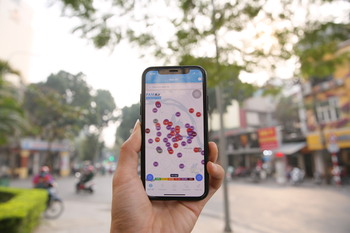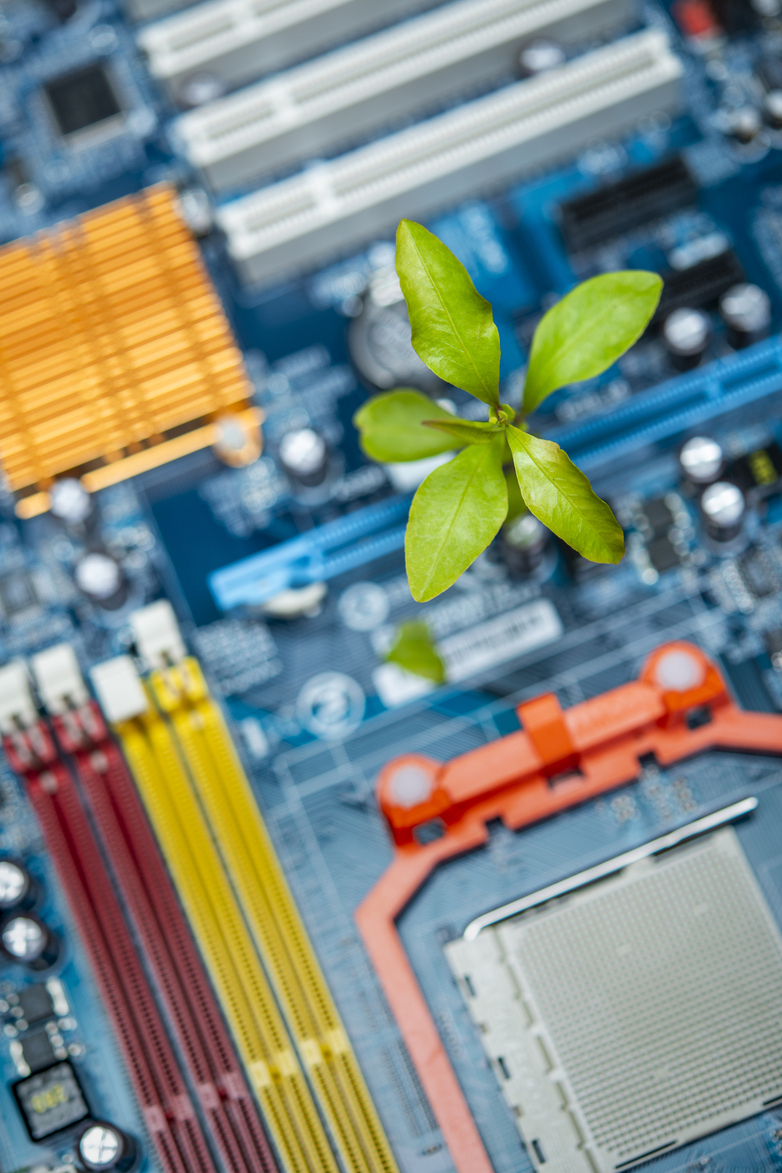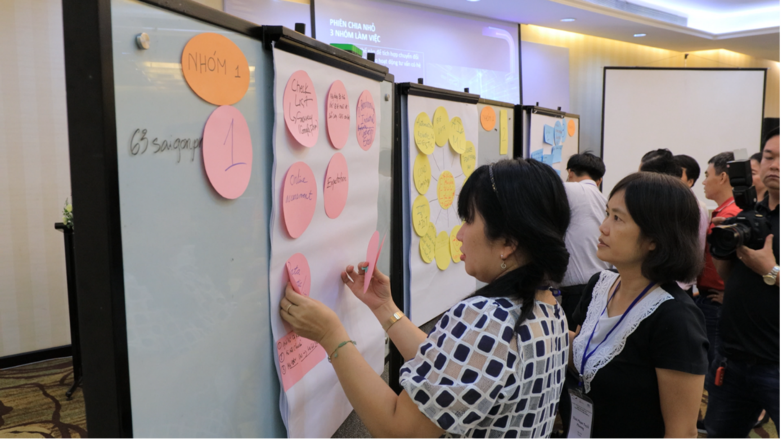Shaping green and digital transformation together
Digitalisation and Innovation for Environment and Climate Protection: Twin Transition Hub
-
Client
German Federal Ministry for Economic Cooperation and Development (BMZ)
-
Country
-
Political sponsors
More
-
Runtime
2024 to 2028
-
Products and expertise
Economic development and employment

Context
Viet Nam has experienced significant economic growth over the last 10 years. The country aims to become a developed, knowledge-based economy by 2045. A key objective includes developing technologies in Viet Nam and exporting them.
However, economic growth has significantly increased energy consumption and CO2 emissions. At the same time, Viet Nam has a national strategy in place to implement the United Nations 2030 Agenda and achieve climate neutrality by 2050. Economic growth must therefore not increase energy and resource consumption. The country can achieve this by using renewable energies and environmentally and climate-friendly technologies.
 © GIZ / Mohammed Bakir
© GIZ / Mohammed BakirObjective
Small and medium-sized enterprises (SMEs) in Viet Nam are developing and using digital solutions for environmental protection and climate action.
Approach
The project works in three areas:
- Enabling SMEs in Viet Nam to gather data on energy and resource consumption, to design plans for digital green technologies and to test digital technologies in order to reduce CO2 emissions, resource consumption and costs.
- Supporting Vietnamese providers of green digital technologies by expanding their expertise in developing IT products and services such as consulting. The project thus organises peer exchange between international consultants and the solution providers. The products and services make it easier for SMEs to reduce their greenhouse gas emissions and drive forward digitalisation.
- The project works with state institutions, business associations, universities and think tanks to develop tools and guidelines for green, digital solutions and to share good practices through case studies.

Last update: December 2024





